Merging design and computer science in creative ways
MAD Fellow Alexander Htet Kyaw connects humans, machines, and the physical world using AI and augmented reality.

The White House has criticized Amazon as ‘hostile’ after reports that the company plans to inform customers about the costs of Trump administration tariffs on products. The move could make the impact of tariffs more visible to consumers.

A US Senate report has revealed that Elon Musk’s conflicts of interest related to Dogecoin are valued at $2.37 billion, raising questions about his influence and financial interests in the cryptocurrency sector.

As Silicon Valley’s tech giants face increasing scrutiny, US monopoly laws are being tested to see if they can effectively regulate the power of companies like Apple and Meta in the digital economy.

Electric vehicles are increasingly seen as potential targets for cyber espionage and hacking, raising concerns about the security of data collected by modern cars and the risks posed to drivers and manufacturers.

The UK’s Children’s Commissioner has called for a ban on apps that generate deepfake nude images of children, highlighting the urgent need for stronger protections against AI-powered abuse.

Meta is facing lawsuits in Ghana over the psychological impact of moderating extreme content, as workers allege exposure to graphic material has caused significant harm.

The Sage Bambino Plus is reviewed as an ideal espresso machine for beginners, offering ease of use and quality results for home coffee enthusiasts.

The head of the European Space Agency has urged Europe to increase investment in space to ensure technological autonomy and reduce reliance on the US.

Exploring whether gamifying daily life can help with organization and mental health, this article reviews apps and strategies for turning chores and self-care into a game.

A Meta content moderator shares his experience of psychological trauma after being exposed to graphic content, highlighting the mental health risks faced by social media moderators.

Google’s Pixel 9a is praised for delivering strong performance and features at a budget-friendly price, making it a standout in the mid-range Android market.

The Nothing Phone 3a Pro stands out for its unique design and camera capabilities, offering a compelling option for users seeking a mid-range Android phone with advanced features.

Apple’s iPhone 16e is reviewed as the most affordable new iPhone, balancing price and performance for users seeking value in the Apple ecosystem.

Samsung’s Galaxy S25 is highlighted as the smallest flagship Android phone available, appealing to users who prefer compact devices without sacrificing performance.
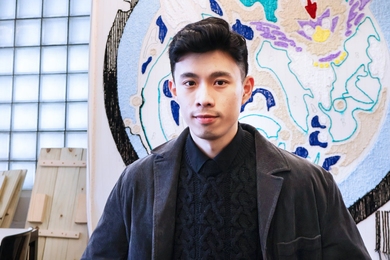
MAD Fellow Alexander Htet Kyaw connects humans, machines, and the physical world using AI and augmented reality.
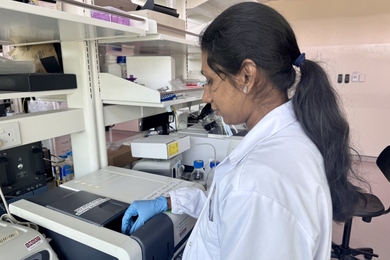
Ultraviolet light “fingerprints” on cell cultures and machine learning can provide a definitive yes/no contamination assessment within 30 minutes.

Lincoln Laboratory is transitioning tools to the 618th Air Operations Center to streamline global transport logistics.
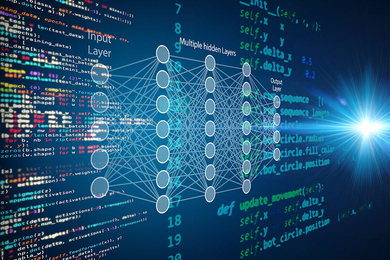
Using diagrams to represent interactions in multipart systems can provide a faster way to design software improvements.
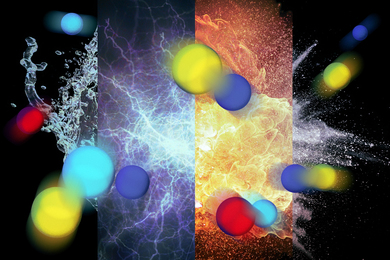
Chemists could use this quick computational method to design more efficient reactions that yield useful compounds, from fuels to pharmaceuticals.
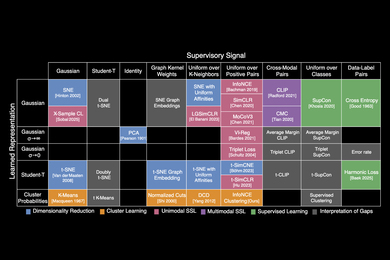
Researchers have created a unifying framework that can help scientists combine existing ideas to improve AI models or create new ones.
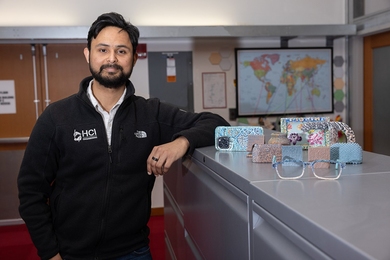
TactStyle, a system developed by CSAIL researchers, uses image prompts to replicate both the visual appearance and tactile properties of 3D models.

The renowned designer embraces generative AI to preserve and propel her legacy.
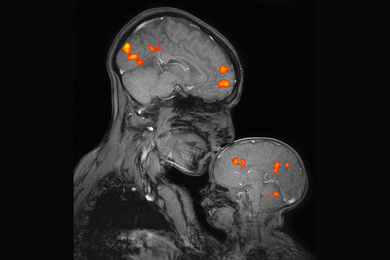
A quarter century after its founding, the McGovern Institute reflects on its discoveries in the areas of neuroscience, neurotechnology, artificial intelligence, brain-body connections, and therapeutics.
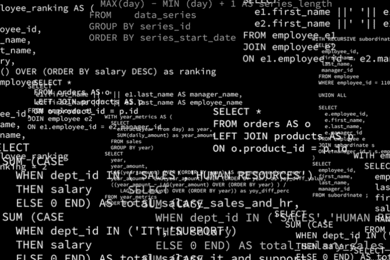
A new technique automatically guides an LLM toward outputs that adhere to the rules of whatever programming language or other format is being used.

By eliminating redundant computations, a new data-driven method can streamline processes like scheduling trains, routing delivery drivers, or assigning airline crews.

A new method from the MIT-IBM Watson AI Lab helps large language models to steer their own responses toward safer, more ethical, value-aligned outputs.

The approach maintains an AI model’s accuracy while ensuring attackers can’t extract secret information.
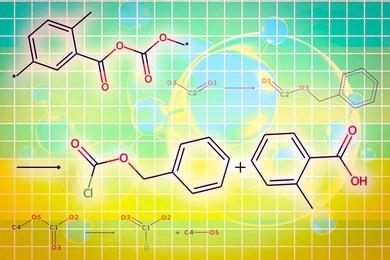
A new method lets users ask, in plain language, for a new molecule with certain properties, and receive a detailed description of how to synthesize it.

The framework helps clinicians choose phrases that more accurately reflect the likelihood that certain conditions are present in X-rays.

Deepfake detection is becoming a major industry as bots prove more persuasive than humans, according to a new study.